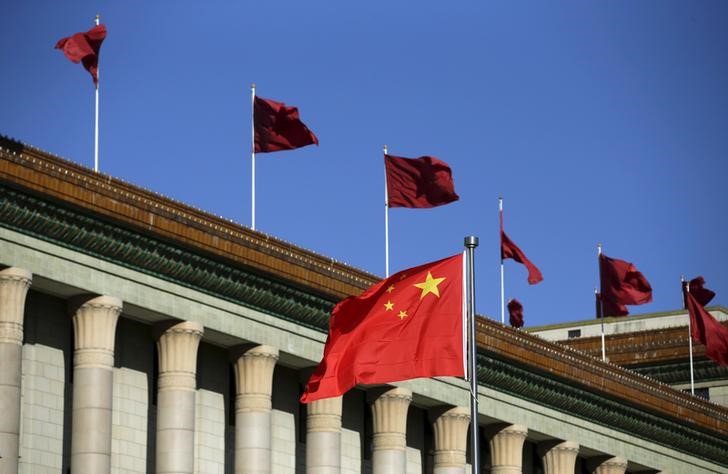Investing.com — China’s economy is on track to expand by about 5% in 2024, President Xi Jinping said, signaling the country is likely to meet its official growth target.
At a New Year’s event on Tuesday, Xi described the economy as “overall stable and progressing amid stability,” according to remarks published by Xinhua News Agency. He noted that risks in critical areas had been effectively managed, while employment and inflation remained steady.
Though the final GDP figure won’t be confirmed until next month, Xi’s comments reflect the conclusion of a year marked by economic uncertainty.
Initially, the 5% growth goal was seen by some as a “target without a plan.” However, the economic outlook improved after policymakers introduced a series of stimulus measures starting in late September. Economists now anticipate growth of around 4.8% for the year.
Xi indicated that economic support would extend into 2025, reiterating the need for proactive macroeconomic policies during his New Year’s Eve address to China’s top political advisory body.
China is expected to target a growth rate similar to 2024’s next year, with leaders signaling a willingness to apply stronger stimulus measures if necessary. This could help offset potential challenges, such as the prospect of increased U.S. tariffs under President-elect Donald Trump’s administration.
The official growth target for 2025 will be announced in March during the annual legislative sessions. Reuters previously reported that the goal is likely to remain around 5%, while economists surveyed by Bloomberg forecast growth of 4.5% for next year.
In December, policymakers pledged to drive growth through higher public borrowing, increased government spending, and monetary easing. Officials highlighted the first adjustment in monetary policy in 14 years, shifting to a “moderately loose” stance to boost confidence.
Despite these measures, weak domestic demand and uncertainties in exports continue to weigh on the economy. Deflation is expected to persist into 2025, and the property market remains sluggish.
While Beijing’s initial round of stimulus in 2025 may fall short of the aggressive interventions analysts believe are necessary to curb deflation, further support could be introduced later if growth begins to slow, mirroring the approach taken this year.
The People’s Bank of China (PBOC) could play a key role in the next phase of economic easing. The central bank has yet to implement a liquidity boost by lowering the cash reserves that banks are required to hold, although this move was previously suggested as a possibility by the end of 2024.
PBOC Governor Pan Gongsheng indicated in October that the bank might reduce the reserve requirement ratio (RRR) by 25 to 50 basis points, depending on liquidity conditions. At a major economic meeting in December, top officials echoed this sentiment, promising to lower the RRR at an “appropriate time” without specifying further details.

